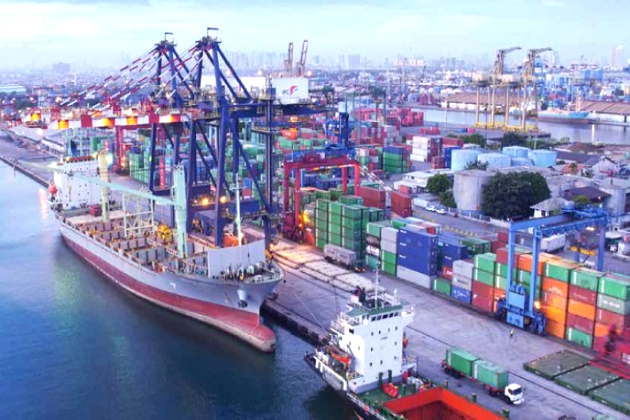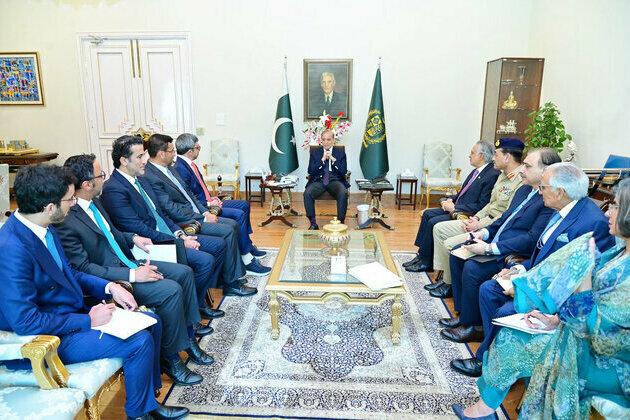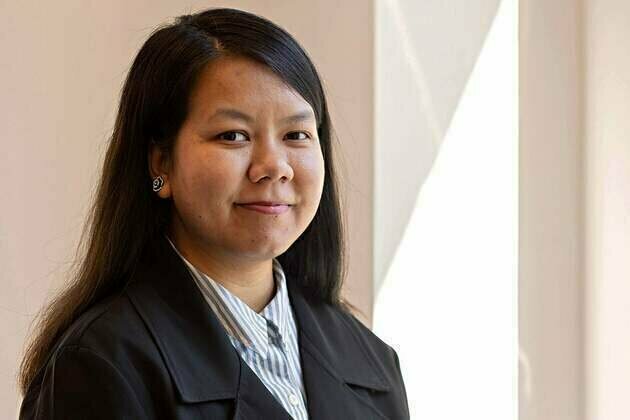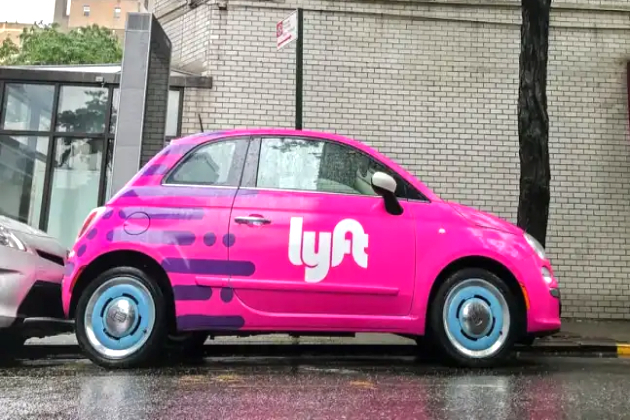Interview: Gender equality is key to a just renewable energy future
UN Women
21 Apr 2025, 20:55 GMT+10
How an indigenous woman from Nepal is powering change
“Being a girl from an indigenous community in Nepal, I had limited access to opportunities, networks and information,” says Sanjana Chhantyal. “It took a lot of initiative to do my own research, access higher education, and not let my circumstances limit what I could achieve.”
That decision – to take control of her own future – was her first act of activism.
“I’ve always wanted to help open doors for other young girls whose dreams are bigger than their circumstances,” she says.
Chhantyal saw firsthand the information barriers that hold girls back in marginalized communities. She created a toolkit to help them access higher education and personally mentored students. Later, as a Fulbright scholar, she co-founded a “women in energy” project to prepare young women in Nepal for careers in the renewable energy sector.
Breaking myths: Women belong in the energy sector
“There’s a misconception that the energy sector is only for engineers,” says Chhantyal. “That’s harmful, because there are fewer women in engineering – so they’re even less likely to see themselves in energy.”
Her project – launched with fellow Fulbright scholars and funded by the Alumni Engagement Innovation Fund – deliberately focused on highlighting the importance of interdisciplinary skills for clean energy. It showed how careers in law, environmental policy, business, labor rights, and finance intersect with the renewable energy sector, beyond engineering. “No single skill set can carry the sector alone. It will thrive when people with diverse skills come together with a shared purpose.”
They targeted women finishing undergraduate and postgraduate programmes – many of whom had no idea how to enter the field – with the goal of providing training and inspiring women to see themselves in the renewable energy sector.
The project also emphasized entrepreneurship. “Entrepreneurship isn’t encouraged among women in many communities,” says Chhantyal. But green business is a powerful way to involve more women in energy, especially given the gender gap in STEM.
Financial access for women: The missing piece in a gender-equal energy transition
Chhantyal is clear: none of this is possible without financial inclusion. “Financial instruments and products are simply not designed for women,” she says. “They don’t reflect women’s realities.”
Take collateral requirements for loans. Many women don’t own land or assets. Or consider the burden of documentation – often difficult for women in informal work, especially when financial institutions lack inclusive support services.
“If financial products are meant to serve women, they must be designed to eliminate the barriers women face,” says Chhantyal.
Addressing gender-based violence in financial systems
Chhantyal also highlights a critical, often overlooked issue: safety.
“Preventing and addressing gender-based violence must be part of financial design,” she says. Accessing financial services is not always safe for women, with some facing exploitation and demands for sexual favors. “Accountability and transparency are critical in creating inclusive financial ecosystems. There must be mechanisms in place so women can report abuse and get help.”
Financial institutions don’t have to address these challenges alone – they can collaborate with civil society organizations to co-create solutions, she adds. “Financial institutions have financial capital and civil society organizations have social capital. More should be done to combine them.”
Chhantyal calls for gender-responsive financing that values women’s ideas and lived experiences, supports their intellectual property, and works for women in the informal economy.
Why women hold the key to a sustainable energy future
Globally, women and girls bear the brunt of energy poverty. They are also the main providers and managers of household energy, and active agents in this sector. When they lack access to energy, their unpaid care work increases, as well as health and safety risks. Indoor air pollution from using combustible fuels killed 3.2 million people in 2020 – most of them women and children.
Universal access to electricity could lift 185 million women out of poverty by 2050.
For Chhantyal, women’s lived experiences, creativity, and leadership are essential to building renewable energy solutions that work – for people and the planet.
 Share
Share
 Tweet
Tweet
 Share
Share
 Flip
Flip
 Email
Email
Watch latest videos
Subscribe and Follow
Get a daily dose of Malaysia Sun news through our daily email, its complimentary and keeps you fully up to date with world and business news as well.
News RELEASES
Publish news of your business, community or sports group, personnel appointments, major event and more by submitting a news release to Malaysia Sun.
More InformationSoutheast Asia
SectionAsian nations boost US energy buys amid trade tensions
SINGAPORE: Amid rising trade tensions, several Asian nations are stepping up energy purchases from the U.S. in hopes of easing tariff...
China, Vietnam plan new rail links during Xi's Hanoi visit
HANOI, Vietnam: During Chinese President Xi Jinping's visit to Hanoi this week, China and Vietnam agreed to take the first steps toward...
Indonesia plans US visit to avert tariffs with bold offer
JAKARTA, Indonesia: Indonesia is preparing a high-level visit to Washington with an ambitious offer to avert steep U.S. tariffs on...
China warns countries not to align with US in trade
Washington reportedly plans to pressure nations seeking tariff relief to reign in their turnover with Beijing Beijing has issued...
Abdullah bin Zayed meets Pakistan's Prime Minister in Islamabad
ISLAMABAD, 21st April 2025 (WAM) -- H.H. Sheikh Abdullah bin Zayed Al Nahyan, Deputy Prime Minister and Minister of Foreign Affairs,...
Interview: Gender equality is key to a just renewable energy future
Sanjana Chhantyal Photo: UN Women/Radhika Chalasani ...
Business
SectionFord recalls over 148,000 vehicles in two safety campaigns
WASHINGTON, D.C.: Ford is recalling more than 148,000 vehicles across two safety campaigns, according to a notice issued by the National...
Archer Aviation teams up with United for NYC air-taxi service
NEW YORK CITY, New York: Archer Aviation has announced plans to start an air-taxi service in New York City, working with United Airlines....
Taiwan’s TSMC beats forecasts with strong q1 earnings
TAIPEI, Taiwan: Taiwan's TSMC reported stronger-than-expected first-quarter earnings on Thursday, driven by booming demand for AI-related...
UK seeks $6 billion fine against Google, claims unfair practices
LONDON - Google is facing a multibillion-pound legal challenge in the UK over allegations it misused its dominance in online search...
Eyeing new opportunities, Lyft joining European market
Lyft is making its first move into Europe with the purchase of mobility platform FreeNow, a nearly $200 million deal that signals a...
India eyes ending import tax on US ethane, LPG in trade talks, sources say
NEW DELHI - India is preparing to scrap import taxes on U.S. ethane and liquefied petroleum gas (LPG) as part of ongoing trade negotiations...













